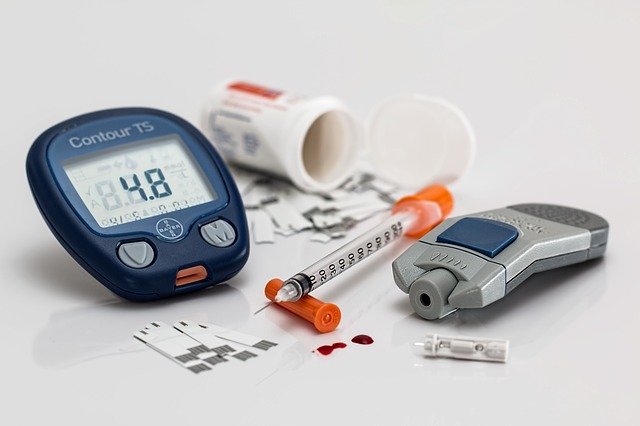
National Diabetes Week: Awareness is the key to healthy living
Diabetes poses a huge challenge for the Australian healthcare system. With over 1.7 million Australians currently diabetic, the annual cost of its impact is enormous.

Why raise awareness for Diabetes?
Diabetes is a silent killer and most of Type 2 Diabetic patients don’t even know if they have the condition. In fact, it is estimated that over 500,000 Australians are undiagnosed diabetic.
Awareness is about being prepared to prevent diabetes in the future and change our behaviour to keep ourselves risk-free.
It is only through awareness that we can educate our community to keep an eye on our medical needs and be alert to health risks. The other thing people need to be aware of is that we can lead a healthy life with diabetes, it all comes down to early detection and regularly visiting your doctors.
Diabetes doesn’t discriminate based on age
Although the prevalence of diabetes is seen more amongst seniors, diabetes can affect anyone irrespective of our age.
According to a survey by the Australian Institute of Health and Welfare, an estimated 6,527 children between the age of 0 to 14 were diagnosed with diabetes, with girls being slightly more diabetic than boys.
If you are aware of your signs and symptoms and regularly visit your local diabetes clinics, you can seek early diagnosis and see better results of your condition.
Weight and Diabetes
If you are overweight or obese, your risk of suffering from diabetes increases, especially in developing Type 2 diabetes.
When you are unable to maintain a healthy weight, your body becomes resistant to insulin and this resistance increases glucose in the blood.
For people with Type 2 diabetes, reducing your weight to a healthy BMI is essential. Exercising regularly and switching to healthier practices can even reverse your blood glucose level to normal.
Can diabetes be reversed?
If you are Type 1 diabetic, reversing it is impossible as it is an autoimmune condition and it is still unknown what causes the condition
However, if you’re Type 2 diabetic, it is highly preventable and can even be reversed There are many risk factors associated with this type of diabetes. Knowing your risk factors, taking precautions to keep them away and most importantly early detection is the key to its prevention.
How can a GP help with Diabetes
Visiting your GP is often the best place to start. Since a GP is experienced in managing a myriad of health conditions, they would ask questions on your diet, health, questions on family medical history, your lifestyle to analyze where you stand and what diagnosis could be best for you.
Your doctor will perform physical examinations including weight checks, biopsies like blood tests and blood glucose screenings as a part of an initial investigation.
Your doctors would also team up with other doctors to provide a more holistic management plan. Most often a Diabetes Educator would be included for advice, support and educating patients.
A GP can also provide insights into other physical conditions that can directly or indirectly impact your diabetic health.
Early detection is life-changing
Early detection and treatment are key to your healthy diabetic life. It is absolutely possible to lead a healthy life with diabetes, but it all comes down to visiting your doctors regularly and seeking help.
Early detection can save your life and prevent further complications.
With no cure, it’s easy to miss the signs, so regular health checks with your GP can lower your risk of developing the disease.
We can help
If you’ve noticed a change in your general health, make an appointment with us.
Our Diabetes management teams are stationed in all of our medical centres.
For an online appointment, click the links below for your preferred practices.
You can also contact us to speak to our staff for further details.
Leave a reply